Blog Post

Act and Adapt
A DePaul professor expands Act and Adapt, a program helping Chicago middle schoolers showing signs of depression or anxiety by providing resources.
Launched in 1992, this seven-year initiative created family-centered mental health services in four urban areas, with supports in schools and communities.

A DePaul professor expands Act and Adapt, a program helping Chicago middle schoolers showing signs of depression or anxiety by providing resources.
Report
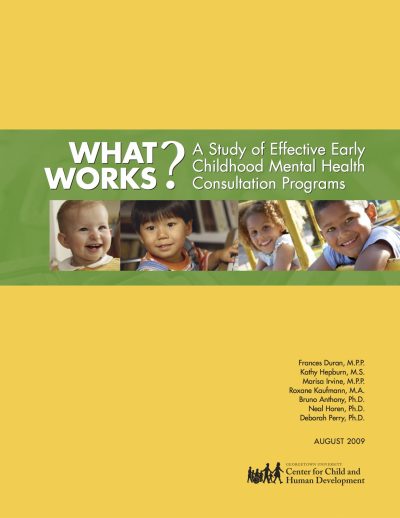
This study offers guidance on early childhood mental health programs to address rising behavior challenges in very young children.
Report
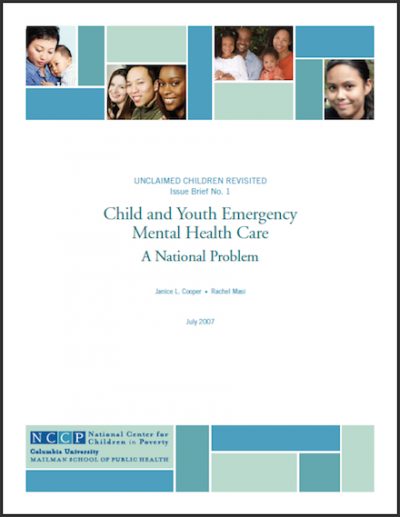
This report reveals how ERs are failing kids with behavioral health needs — and outlines a 10-step, policy-focused plan to fix the system.
Report
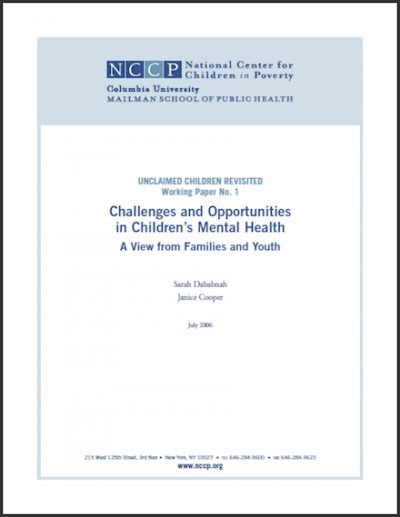
This report shares youth and family views on what’s not working in children’s behavioral health and offers insights from 16 field stakeholders.
Report
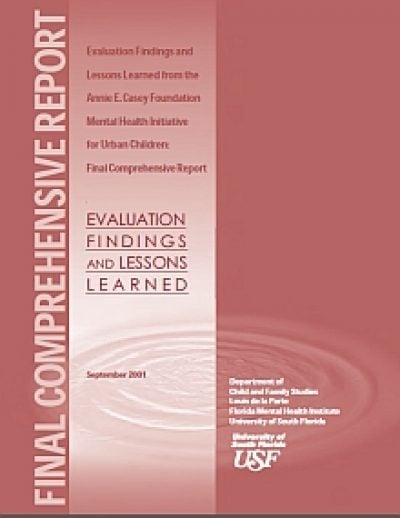
This report evaluates a five-year Casey project to improve mental health in poor urban areas and reduce public spending on social services.
Report
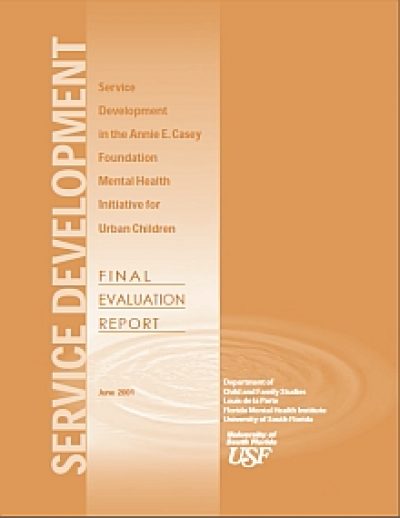
This report reviews a Casey project on delivering mental health services to inner-city kids, focusing on prevention, community and parent involvement.
Report
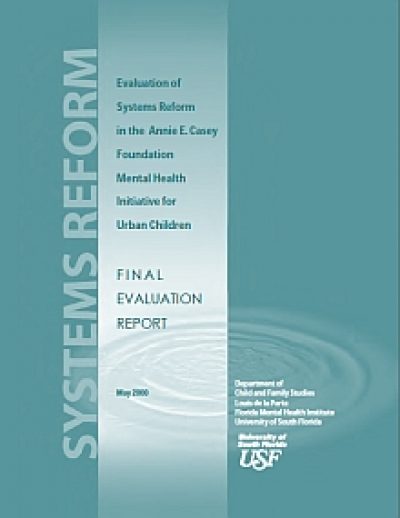
This is an evaluation of the institutional change efforts from Casey’s community-wide project to boost mental health services in inner-city neighborhoods.
Report

This summary captures a two-day meeting on evaluating community initiatives, highlighting expert insights, challenges and best practices.
We hope you'll find value in this report. We’d love to get a little information from you, which we'll use to notify you about relevant new resources.